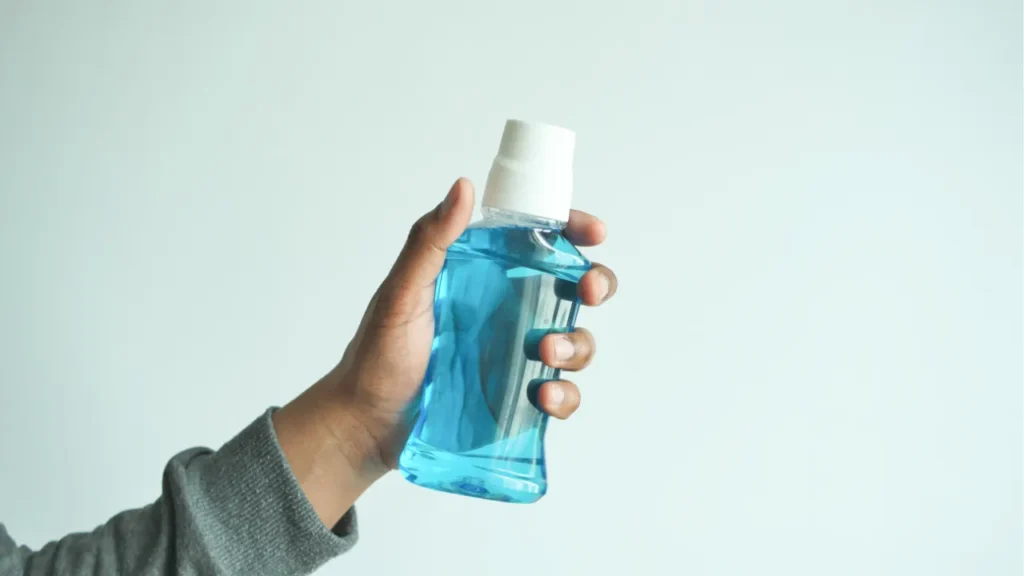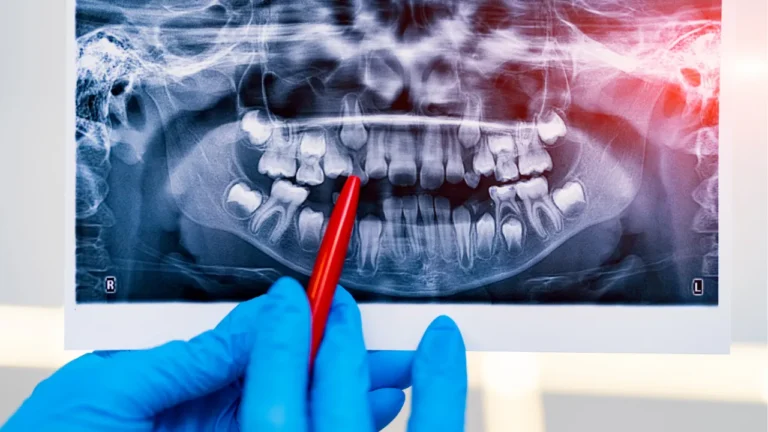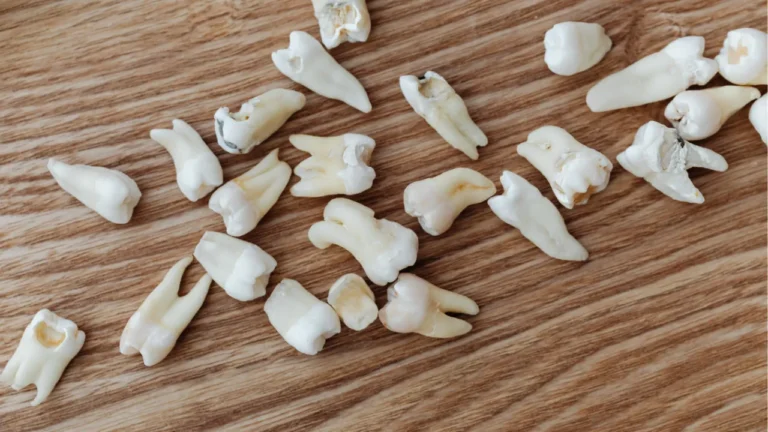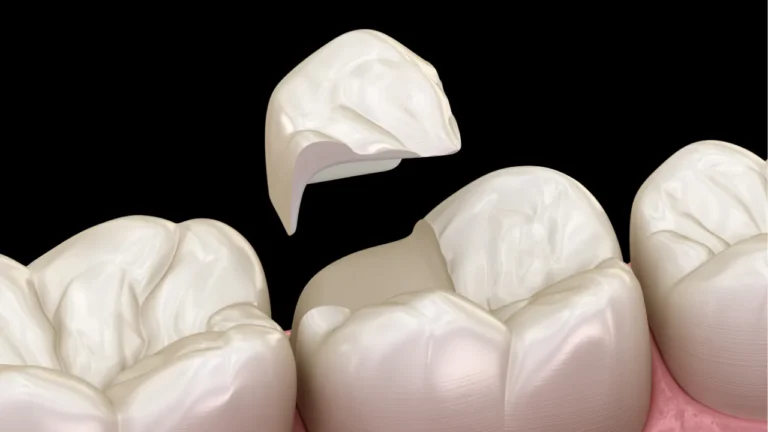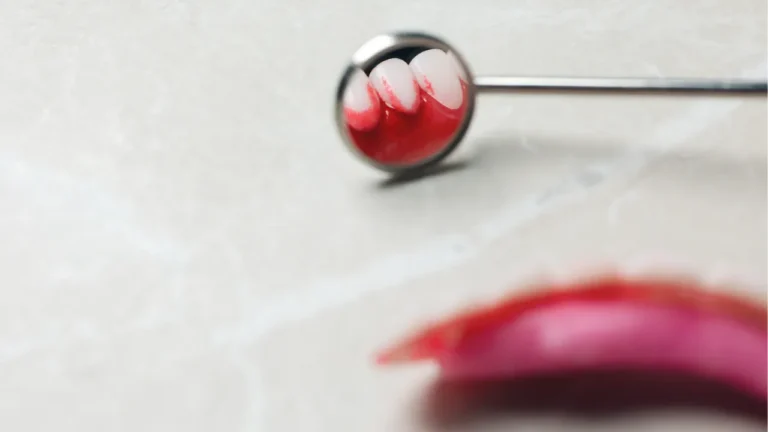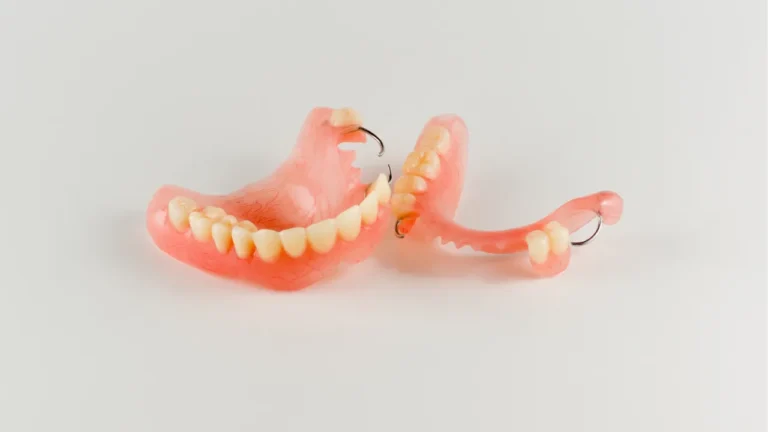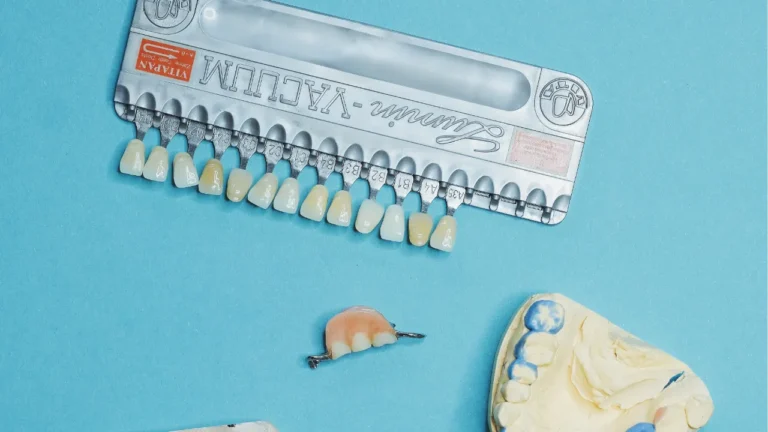The best mouthwash for you depends on your specific oral health goals — whether it’s fighting cavities, reducing gum inflammation, freshening breath, or managing dry mouth.
Therapeutic mouthwashes contain active ingredients like fluoride, chlorhexidine, or essential oils that target common issues.
By understanding what each formula does, you can choose a product that complements your brushing and flossing routine for a healthier mouth overall.
Short Summary
- Different types of mouthwash and their key benefits
- How to select the right mouthwash based on your oral health needs
- Tips for effective use to maximize results
- When to consult your dentist about mouthwash choices
What Does Mouthwash Do?
Mouthwash, also known as oral rinse, is a liquid product used after brushing and flossing to help:
- Kill bacteria and freshen breath
- Reduce plaque and gingivitis
- Strengthen enamel
- Soothe gum irritation
- Address dry mouth or sensitivity
The key is choosing the right type of mouthwash based on your personal oral health goals.
Types of Mouthwash and Their Benefits
1. Antiseptic Mouthwash
Contains ingredients like chlorhexidine or alcohol to kill bacteria.
- Best for: Fighting plaque, reducing gum inflammation, managing gingivitis.
- Note: Some can cause temporary staining or alter taste if overused.
2. Fluoride Mouthwash
Enriched with fluoride to help prevent tooth decay and strengthen enamel.
- Best for: People with a history of cavities, weak enamel, or dry mouth.
3. Alcohol-Free Mouthwash
Gentle formulas without alcohol, which can be drying or irritating for some.
- Best for: Sensitive mouths, children, or those with dry mouth.
4. Cosmetic Mouthwash
Primarily masks bad breath and leaves a fresh taste but offers limited health benefits.
- Best for: Occasional use when you want a quick breath refresher.
5. Natural or Herbal Mouthwash
Uses plant-based ingredients like aloe vera or tea tree oil.
- Best for: People seeking a more natural oral care option, or those avoiding synthetic additives.
How to Choose the Right Mouthwash for You
Here are a few questions to consider before making your choice:
1. Do You Struggle with Gum Issues?
Go for an antiseptic or anti-gingivitis mouthwash to reduce inflammation and bacterial growth.
2. Are You Prone to Cavities?
A fluoride mouthwash can help remineralise enamel and offer extra protection against decay.
3. Do You Have Sensitive Gums or a Dry Mouth?
Choose an alcohol-free formula to avoid irritation and dryness.
4. Is Your Goal Simply Fresh Breath?
A cosmetic mouthwash can help temporarily, but for long-term freshness, you’ll need to address the root cause with your dentist.
5. Are You Taking Medications or Have Health Conditions?
Some medical conditions or medications cause dry mouth or increase oral risks. Speak to your dentist about the best rinse to use safely.
How to Use Mouthwash Effectively
Using mouthwash is simple — but a few tips can make it even more effective:
- Follow directions on the label for how much and how long to rinse.
- Swish vigorously for 30–60 seconds.
- Avoid eating or drinking for at least 30 minutes afterward to let the ingredients do their job.
- Don’t use it as a substitute for brushing and flossing — it’s meant to complement, not replace, those habits.
Let Every Smile Guide Your Oral Care Routine
Choosing the right mouthwash can improve your dental health and leave your mouth feeling fresh and clean.
At Every Smile Dentistry, we’ll recommend products that support your unique needs and offer long-term benefits.

